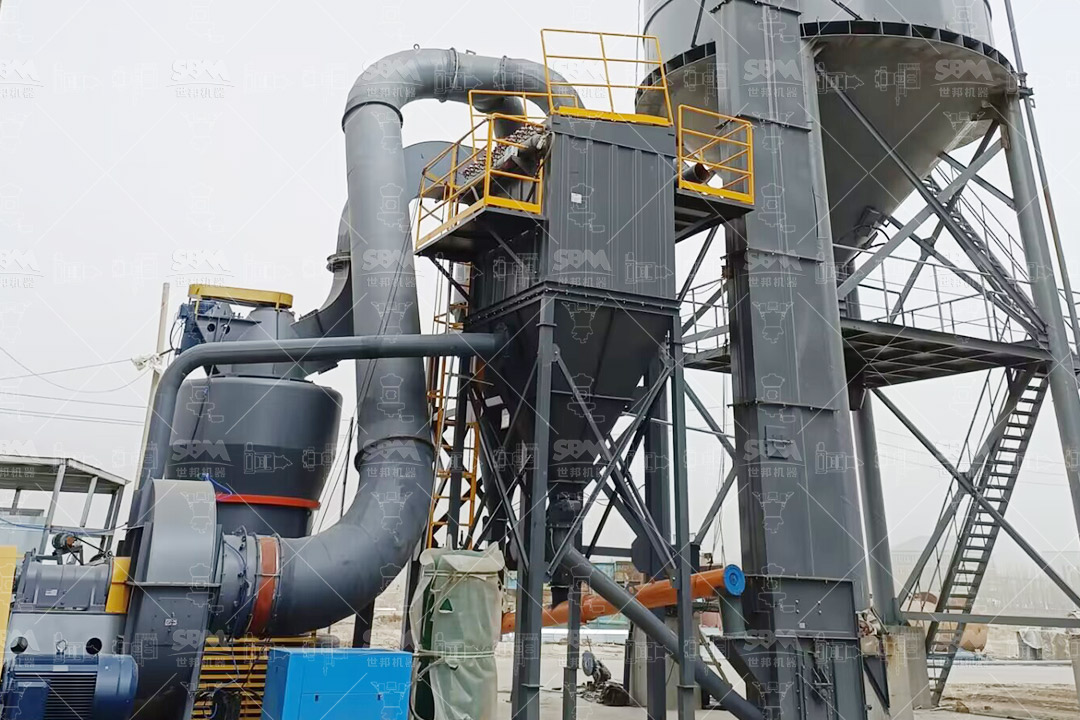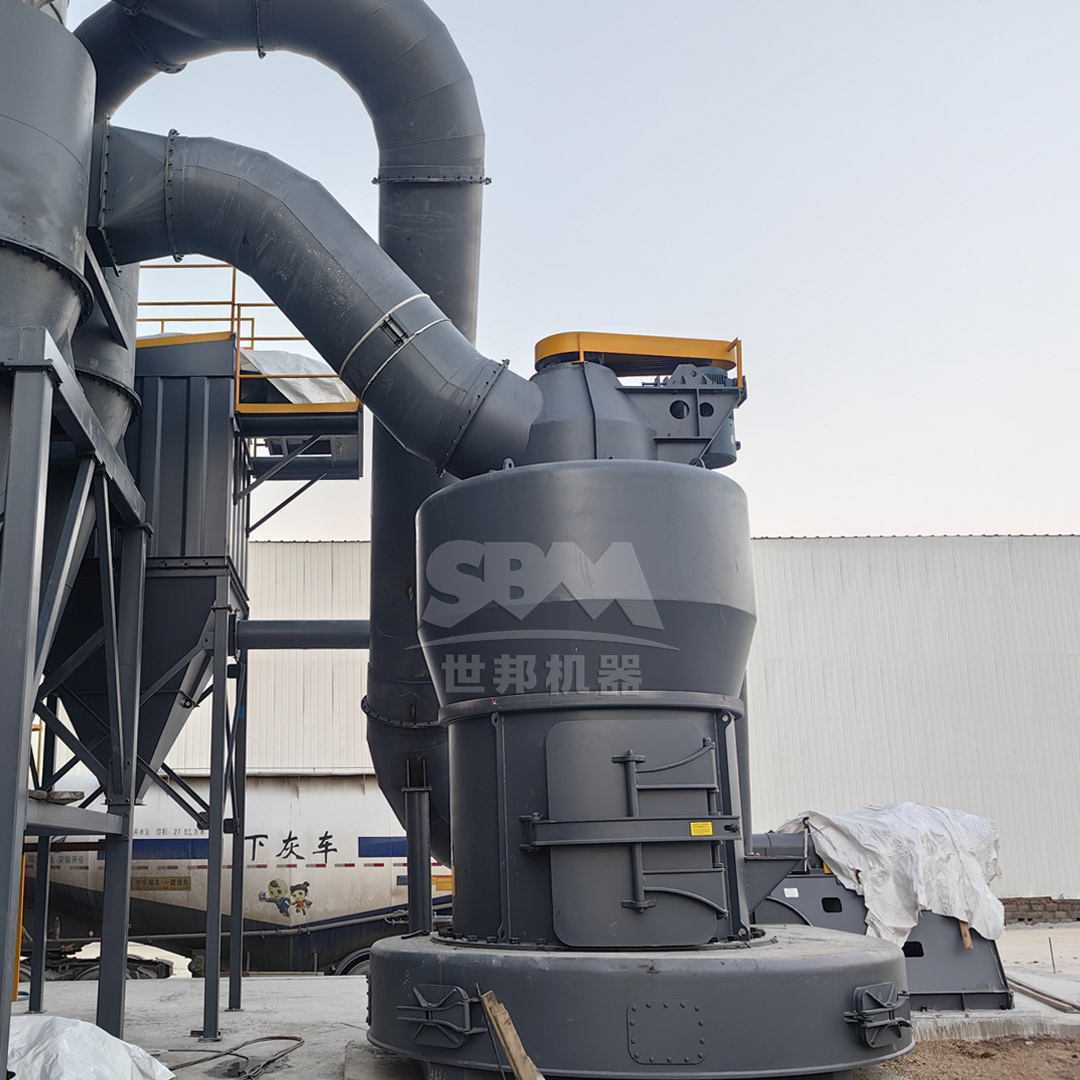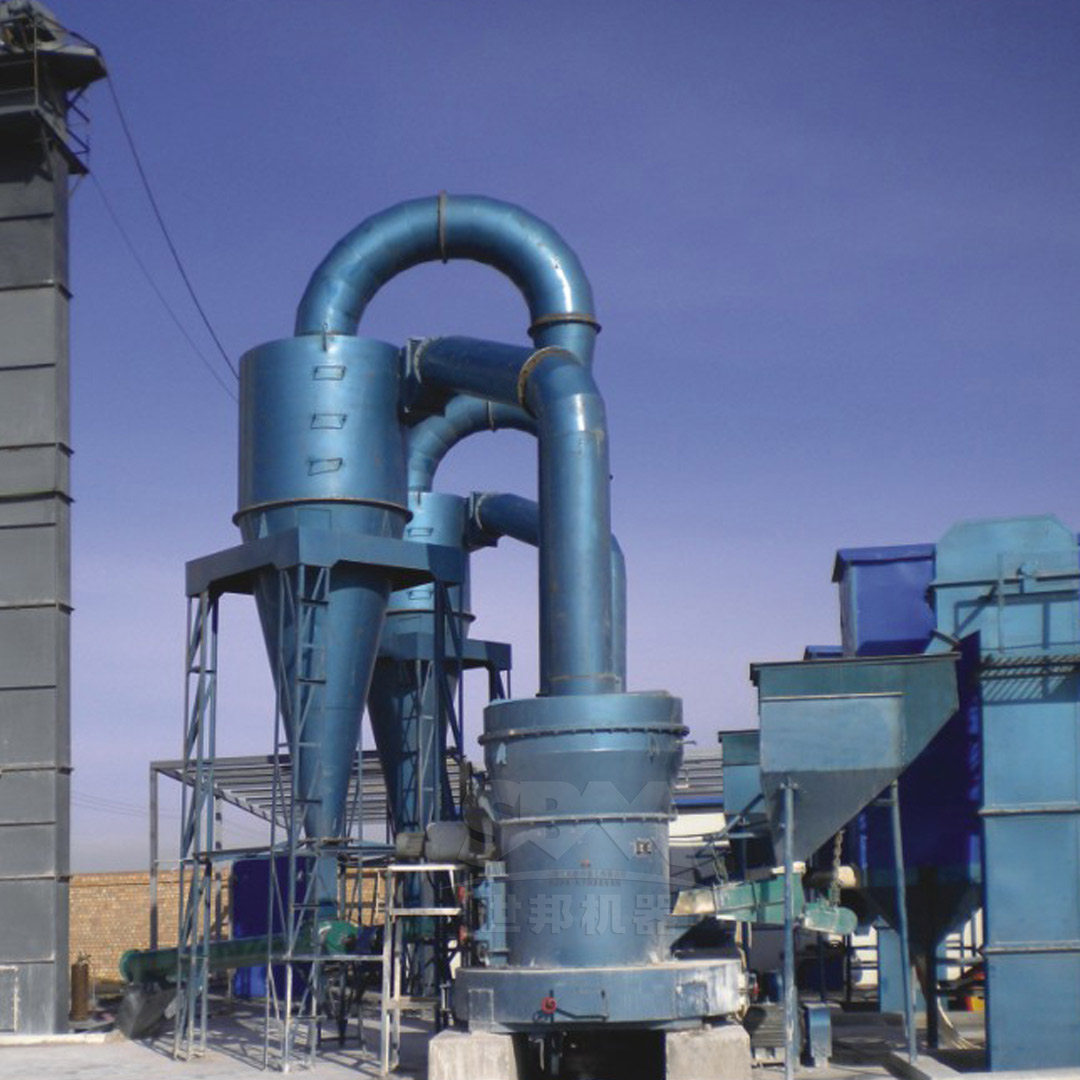Bentonite, a clay mineral primarily composed of montmorillonite, plays a crucial role in the drilling industry as a key component of drilling mud. Its unique properties, including high swelling capacity, viscosity, and thixotropy, make it indispensable for lubricating drill bits, stabilizing boreholes, and carrying cuttings to the surface. The processing of raw bentonite into a fine, consistent powder is essential for maximizing its performance in drilling applications. This article explores the importance of specialized grinding equipment, particularly roller mills, in achieving optimal bentonite processing for drilling mud.
Drilling mud, often referred to as drilling fluid, serves multiple critical functions in oil and gas exploration, water well drilling, and geotechnical drilling. Bentonite-based muds are favored for their ability to:
The effectiveness of bentonite in these roles is directly influenced by its particle size distribution and purity. Finely ground bentonite hydrates more rapidly and develops higher viscosity, leading to superior mud properties. Therefore, efficient and precise grinding is not just a manufacturing step but a critical factor in ensuring drilling safety and efficiency.

Processing bentonite presents specific challenges that not all grinding equipment can handle effectively:
Traditional grinding methods like ball mills or Raymond mills can be inefficient, energy-intensive, or incapable of producing the required fineness without significant operational drawbacks.
Roller mills have emerged as the preferred technology for bentonite grinding due to their unique operating principle and design advantages. Unlike impact-based mills that rely on collision, roller mills utilize compression and shear forces between rotating rollers and a stationary grinding ring. This method is exceptionally well-suited for bentonite.
The process typically involves:
This closed-circuit system ensures high efficiency and precise control over the final product’s fineness.

When selecting a mill for drilling mud bentonite production, several features are non-negotiable:
For processing bentonite for drilling mud applications, our MTW Series Trapezium Mill represents an optimal balance of performance, reliability, and economy. This advanced roller mill is engineered specifically to handle non-metallic minerals like bentonite, delivering the precise fineness and high throughput demanded by the industry.
The MTW Mill incorporates several patented technologies that directly address the challenges of bentonite grinding:
| Model | Max. Feeding Size (mm) | Final Product Fineness (mesh) | Capacity (ton/h) | Main Motor Power (kW) |
|---|---|---|---|---|
| MTW138Z | <35 | 30-325 | 6-17 | 90 |
| MTW175G | <40 | 30-325 | 9.5-25 | 160 |
| MTW215G | <50 | 30-325 | 15-45 | 280 |
With its ability to handle feed sizes up to 50mm and produce powder from 30 to 325 mesh, the MTW Mill is perfectly suited for creating the ideal bentonite product for drilling fluid formulations. Its high capacity, ranging from 3 to 45 tons per hour depending on the model, makes it suitable for both mid-sized and large-scale production plants.
For operations requiring ultra-fine bentonite for specialized, high-performance drilling muds or other value-added applications, our SCM Ultrafine Mill is the premier choice. This mill is capable of achieving remarkable fineness levels up to 2500 mesh (D97 ≤ 5μm), far surpassing the capabilities of standard roller mills.
The SCM Mill’s technological strengths include:
While the standard fineness for drilling mud is often coarser, the ability to produce ultra-fine bentonite opens doors to advanced mud systems and other industrial applications, providing producers with greater product flexibility and market opportunities.

The processing of bentonite for drilling mud is a critical step that directly impacts the efficiency and safety of drilling operations worldwide. Investing in the right grinding technology is paramount. Modern roller mills, such as our MTW Series Trapezium Mill for standard drilling-grade powder and the SCM Ultrafine Mill for specialized high-fineness products, offer unparalleled advantages in efficiency, product quality, control, and environmental protection.
By selecting a mill designed specifically for the challenges of bentonite grinding, producers can ensure they deliver a consistent, high-performance product that meets the stringent demands of the global drilling industry, optimizing their own operations while supporting the vital work of resource exploration and extraction.